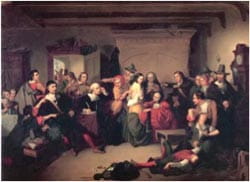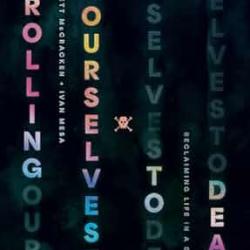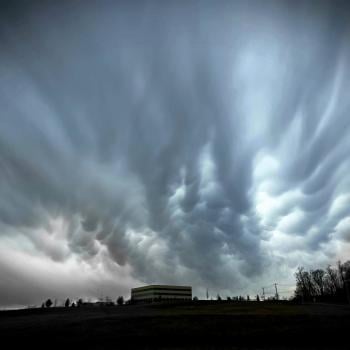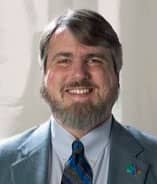 I would like to thank Patheos for getting this article of mine online thirteen years after its original publication in Ethnologies: The Journal of the Folklore Studies Association of Canada, Vol. 20, #1 (1998). Two rebuttals of this article—one by Jacqueline Simpson and the other by Ronald Hutton—have been available on the internet for many years, but, in the absence of the original article they were rebutting, these critiques have resulted in some confusion about my own ideas regarding Craft origins and the state of scholarship around this topic. Simpson's and Hutton's rebuttals are available online here and here respectively. I encourage folks to read my article and then read their rebuttals and come to your own conclusions. If you're like me, you'll end up wondering what article they are rebutting, since it clearly isn't mine.
I would like to thank Patheos for getting this article of mine online thirteen years after its original publication in Ethnologies: The Journal of the Folklore Studies Association of Canada, Vol. 20, #1 (1998). Two rebuttals of this article—one by Jacqueline Simpson and the other by Ronald Hutton—have been available on the internet for many years, but, in the absence of the original article they were rebutting, these critiques have resulted in some confusion about my own ideas regarding Craft origins and the state of scholarship around this topic. Simpson's and Hutton's rebuttals are available online here and here respectively. I encourage folks to read my article and then read their rebuttals and come to your own conclusions. If you're like me, you'll end up wondering what article they are rebutting, since it clearly isn't mine.
 After the publication of my article and the two rebuttals, Hutton and I started a lively correspondence that went on for about a year. We continued to disagree on some points, but came to agreement on others, including the alteration of source texts by Kelly that I had addressed in my article.
After the publication of my article and the two rebuttals, Hutton and I started a lively correspondence that went on for about a year. We continued to disagree on some points, but came to agreement on others, including the alteration of source texts by Kelly that I had addressed in my article.
On re-reading my article, I am pleased to find that I still agree with the points I made thirteen years ago. I am dismayed however, to realize that the same problems of poor scholarship still abound in the area of study of Craft origins thirteen years later. I am especially stunned that the most comprehensive analysis of the primary sources is still being done by the amateurs, while the professional academics have largely stayed away from the source texts. It has been pointed out to me that it is a sad fact of the economics of academia that scholars have trouble obtaining funding, time, and support to seek out and study texts that they cannot publish (for reasons of traditional secrecy or of legal restriction placed on access to texts) or that are likely to disprove their hypotheses. In this, the amateurs have greater freedom. Unfortunately, until the study of Craft origins is taken more seriously in the academic world, it will likely remain the amateurs who lead the way.
Some of the ideas about Craft origins in this article are amplified in my more recent "Gardnerian Wica as Theurgic Ascent," available online at www.theurgicon.com. You may contact me at [email protected] with questions.
Download "Methodological Flaws in Recent Studies of Historical and Modern Witchcraft" here.
2/8/2011 5:00:00 AM





